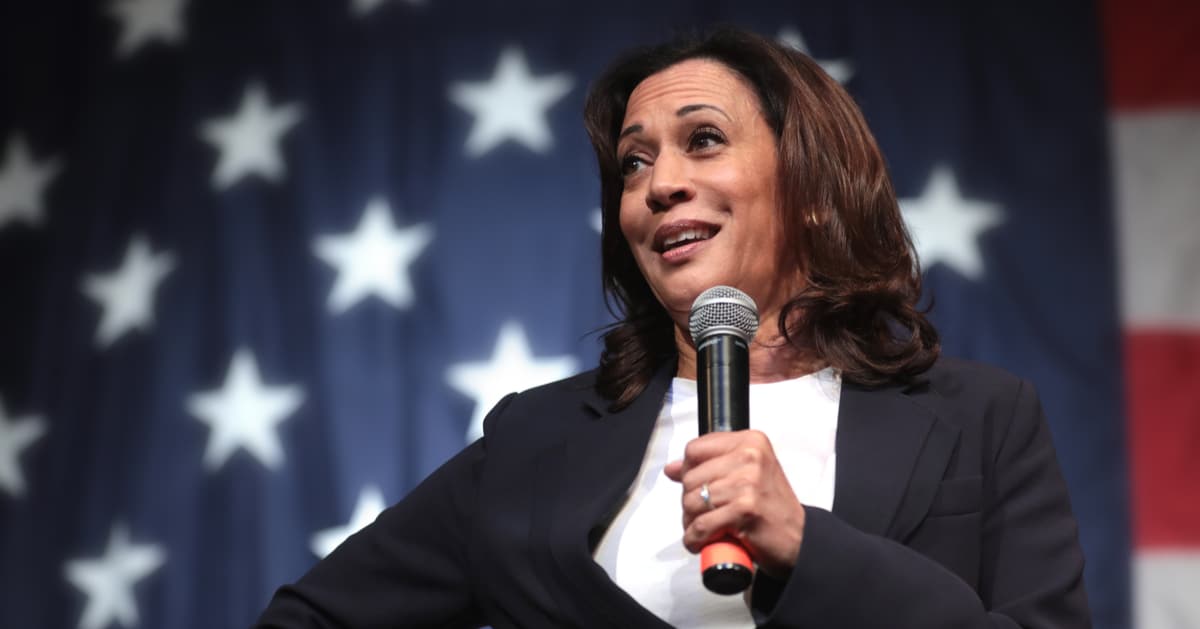




A quiet Thursday afternoon in Duluth, Minnesota, turned into a horror movie as the community was shaken by a tragic murder-suicide involving a family and an ex-partner, all rooted in political and personal turmoil.
Punch Magazine reported that following the election of Donald Trump on November 5, Anthony Nephew, a 46-year-old Minnesota resident, fatally shot his wife, ex-partner, two children, and himself.
Authorities found the five deceased individuals across two houses, with the incident echoing complex motives tied to political discontent and mental health struggles.
The grim discovery in Duluth, a city located 135 miles north of Minneapolis, left law enforcement officials and residents attempting to comprehend the unfolding tragedy. Police identified Anthony Nephew as the suspect in the killings.
Victims included Erin Abramson, 47, who was Nephew's former partner. Also killed was their son, Jacob, who was just 15 years old. The victim list extended to Nephew's wife, Kathryn Nephew, aged 45, and their 7-year-old son, Oliver.
Each victim was found in distinct locations, highlighting the tragic extent of the event. The apparent murder-suicide shocked the community, already grappling with political divides post-election.
Preceding the horrifying event, Nephew had openly voiced disapproval regarding President Donald Trump's election. His social media activity had often reflected his liberal-oriented viewpoints and unease about the current political climate.
In previous online posts, Nephew expressed a deep-seated fear of "religious zealots" and their influence on society. He shared concerns about how political narratives, especially those he perceived as oppressive, affected personal freedoms, particularly for women.
Among his online statements, Nephew noted his frustration with growing extremism and what he viewed as poor political leadership choices.
The case highlights a significant mental health component, with Duluth Police Chief Mike Ceynowa noting that Nephew had a "pattern of mental health issues." The challenges confronted by Nephew were something he expressed frequently.
In a notable Facebook post from July, Nephew lamented, "My mental health and the world can no longer peacefully coexist." His post delved deeply into a fear of persecution and societal rejection.
Nephew's writings online and in the past illustrate how untreated mental health conditions can spiral, particularly when combined with societal stressors.
While no ongoing threat exists for those residing in Duluth, the chilling nature of the event has left many in disbelief and mourning. The victims' identities and livelihoods within the community only compound the tragedy.
This incident comes amid recent national discussions about mental health and violence, especially following significant political events. It serves as a reminder of the broader effects political climates can have on individuals in crisis.
Though the motives behind the murder-suicides remain officially undetermined, authorities continue to piece together the ruthless sequence of events.
The devastating losses bring to the forefront recurring societal issues. Nephew's critique of mental health support systems resonates in the aftermath, urging a more comprehensive dialogue about mental healthcare availability.
Nephew's assertion that "mental health in this country is stigmatised" underscores a critical issue highlighted by this tragedy. His observations about the lack of acknowledgment and support for mental health challenges remain pertinent.
This incident accentuates the need for accessible mental health care and broader societal support for mental illness. The community of Duluth, while grieving, grapples with these ongoing challenges and their broader implications.
Nephew, who identified as an Independent voter, often criticized political extremes, insisting on better choices for American leadership. This perspective further exemplifies the tension between personal beliefs and national ideologies following pivotal moments.
In his writings, he mentioned fears about the nation's divisive political landscape, emphasizing that society's pressures contribute to psychological strain. His 2021 op-ed reflected on how mental health breakdowns often lead to tragic outcomes.
As the public processes this event, it calls attention to the necessity for compassionate dialogue and practical strategies to support those grappling with mental health issues, ensuring tragedies like this find a path to prevention.



